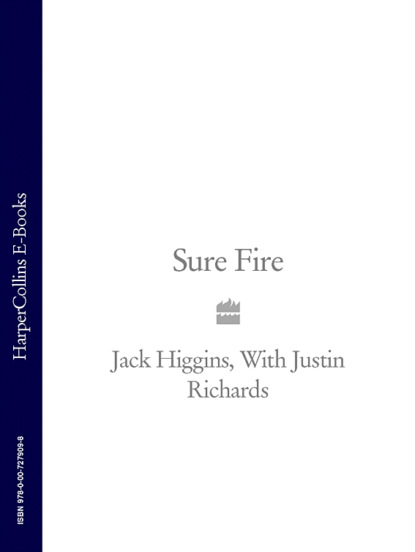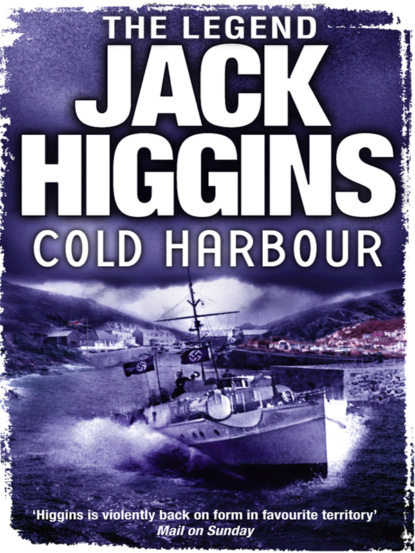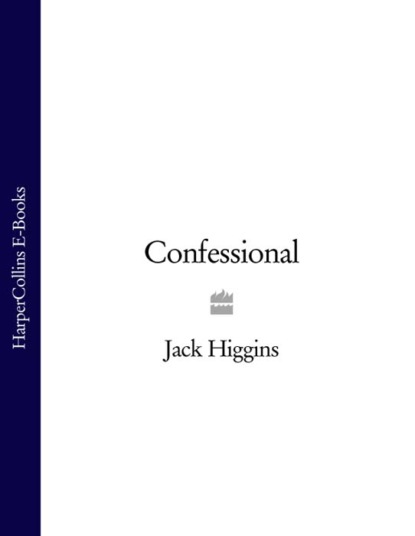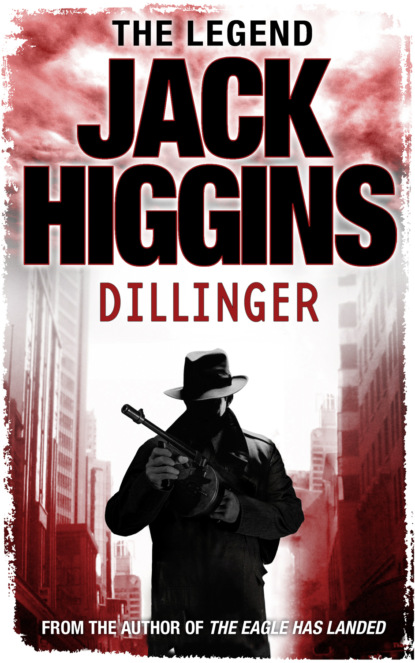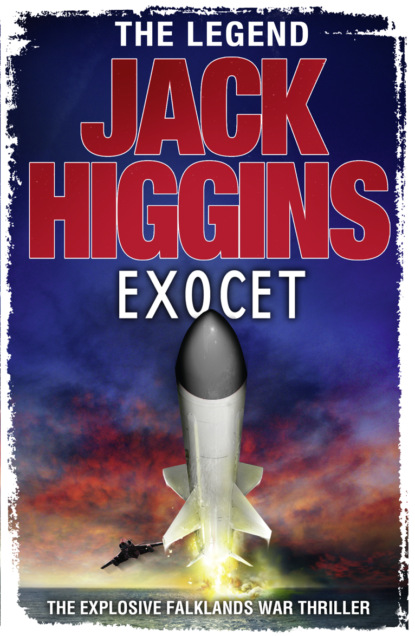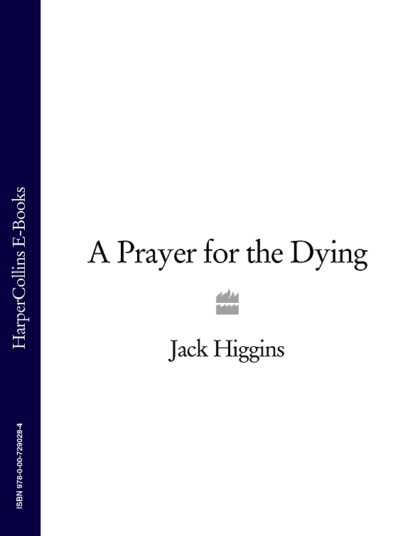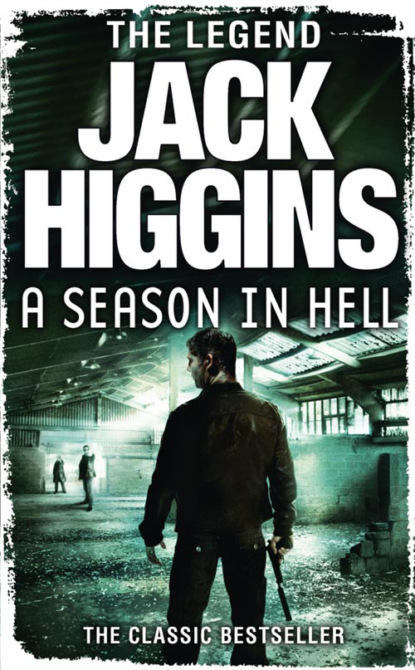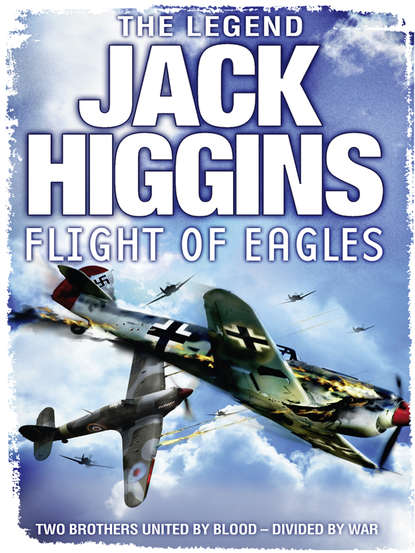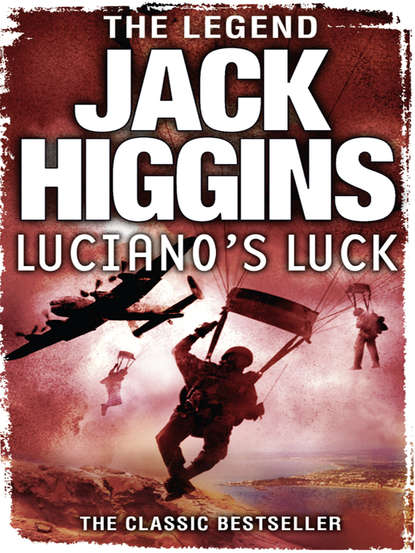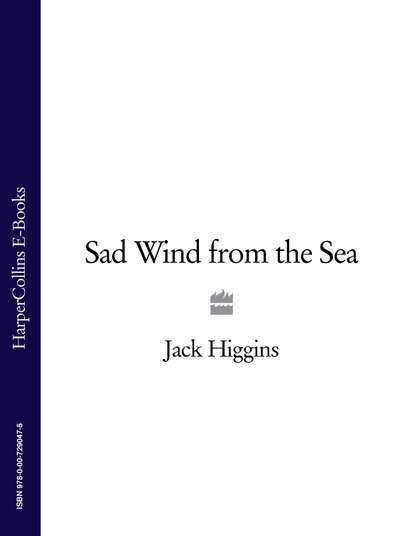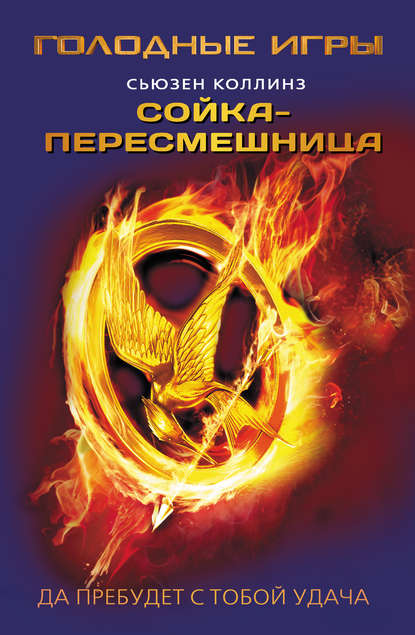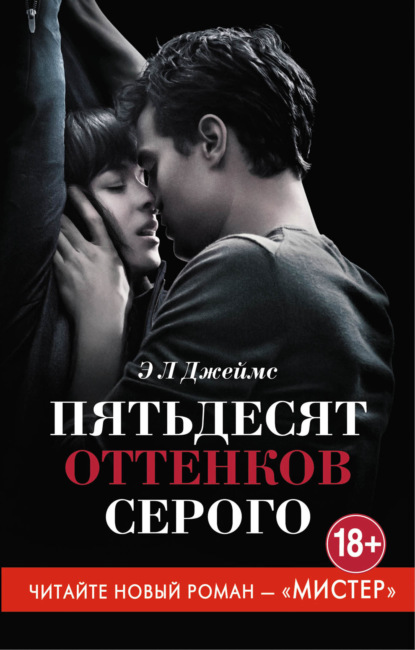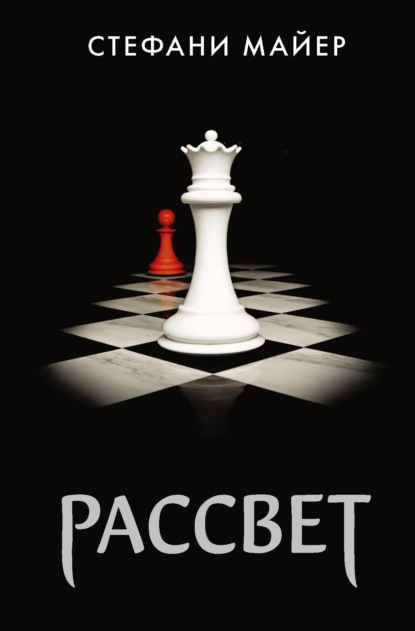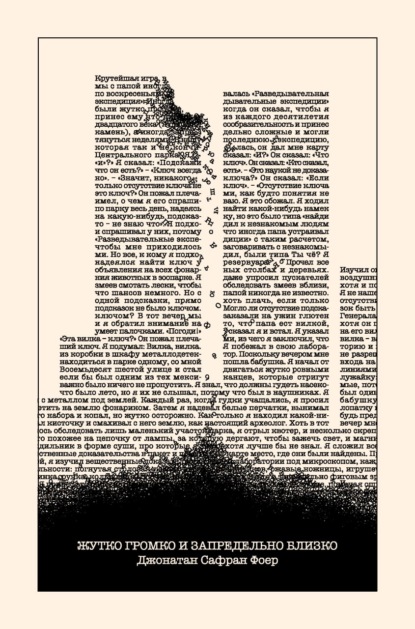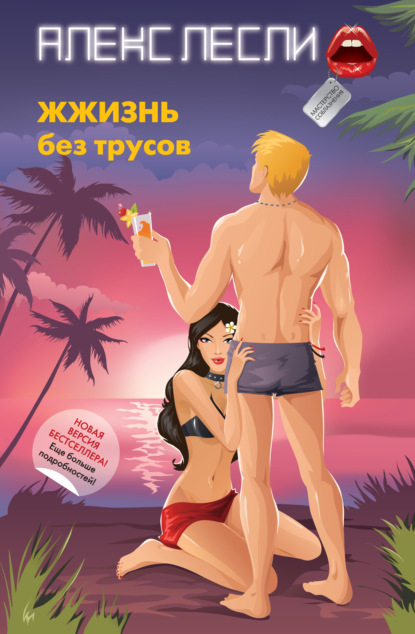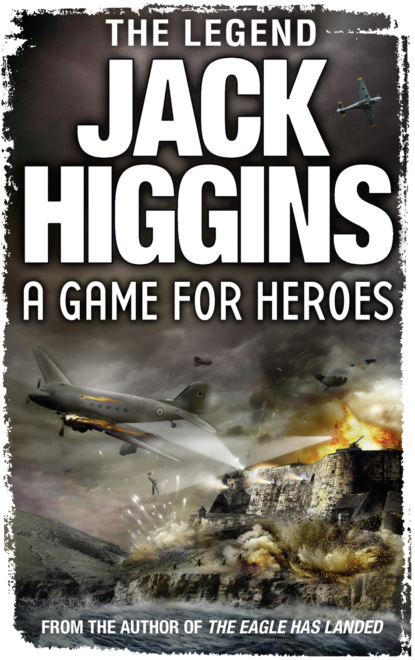
Текст
отзывы: 0 | рейтинг: 0
Полная версия
Полная версия
A Game for Heroes
Jack Higgins
Combat, love and sacrifice from the twilight of the war in this classic thriller of WW2 adventure.The occupied Channel Islands: the last outpost of German resistance at the end of a long and savage conflict. Most feared among them: St Pierre. The mid-Atlantic fortress chosen by a crazed SS Commandant for his suicidal stand.With Berlin on the verge of capture, it is the most sensitive mission of the war.An end game that calls for a hero – with something else besides. A game for a battle-hardened veteran ready to lay down his life for his birthplace. And for the woman he left behind…
A Game for Heroes
for my wife and children who know Steiner’s beach well
Contents
Cover (#u496182b5-d15a-57e4-b95f-8ca0327fb09c)
Title Page (#u532cb0b3-7a5c-501d-821b-dee71c5268a1)
Dedication (#ud37f8b08-3138-5333-823c-d456fe27a3d6)
Foreword
Epigraph (#u84e9bb6d-1ff5-54b0-b695-cab24848e4be)
Author’s Note
PROLOGUE: A Fine Morning to Die in
1: The King of the First Four Hundred
2: Now Destroy
3: A Man Called Steiner
4: A Fast Boat and a Passage by Night
5: On Dangerous Ground
6: And the Earth Moved
7: Alles ist Verrückt
8: A Land of Standing Corpses
9: The Road Gang
10: The Hand of God
11: Rough Justice
12: Storm Warning
13: Mutiny
14: The Wreck of the Pride of Hamburg
15: The Mill-Race
16: A Bell Tolls for Steiner
17: An End to Killing
About the Author
Also by Jack Higgins
Copyright (#ub2a1ede9-58fc-5fc3-b506-4d19e4c98c89)
About the Publisher
FOREWORD (#u88289645-0591-5f11-85ca-bcefbea37628)
At one stage in my career, I enjoyed many family holidays on the lovely island of Alderney in the English Channel Isles. Occupied by the Nazis, it was the only place in Britain which had a concentration camp and many cruel events took place there. Fascinated by all this I created a commando raid which in the book takes place during the last few weeks of the Second World War. A strong moral theme in the book queries how useful such raids ever were in the first place and what success they ever had as regards the eventual success of the Allied forces. This is a point for the reader to decide.
Men generally die in war when they cannot help it and are defeated by a disadvantageous situation.
Wu Ch’i.
Author’s Note (#u88289645-0591-5f11-85ca-bcefbea37628)
The German occupation of the Channel Islands from 1940-45 is a matter of history, but the island of St Pierre exists on no map of the area to my certain knowledge, which hardly makes it necessary for me to add that all characters and incidents in this present story are fictional. No reference is made, or intended, to any living person.
J.G.
PROLOGUE
A Fine Morning to Die in (#u88289645-0591-5f11-85ca-bcefbea37628)
The bodies started to come in with the tide just after dawn, clustered together, bobbing in through the surf to the beach a hundred feet below my hiding place.
The bay was called Horseshoe for obvious reasons. As a boy, I had swum down there on more occasions than I could remember and there was an excellent beach when the tide was out. An inhospitable shore now though, seeded with mines and choked by barbed wire strung between rusting steel lances. No place to be, alive or dead, on a cold April morning.
It was raining slightly and visibility was not good in the dawn mist so that even Fort Victoria on its rocky point a quarter of a mile away was barely visible.
I took a cigarette from my waterproof tin, lit it and sat there watching more bodies float in, but not from any morbid curiosity. It was impossible for me to leave the shelter of those gorse bushes before nightfall. If I attempted to move in daylight, capture was certain on such a small island, especially now that my presence was known.
Five years of war had left me indifferent where death was concerned, even to its uglier aspects. The time when a body had any emotional effect was long since gone. I had seen too many of them. The fact of death was all that mattered. Down there, British and German floated together and at that distance, it was impossible to distinguish between them, which proved something.
Another wave slopped in, flinging a body high in the air, casting it farther up the beach than the others. As it landed, a mine exploded, tossing it up again, arms flailing wildly as if there was still life there. What was left was flung across the wire to hang like raw meat.
It was perhaps ten minutes later that the next one floated in, supported by a yellow life-jacket. The sea retreated with a great sucking noise, leaving the body face down. It seemed to move slightly. At first I thought I was mistaken. A trick of the light or the fact that even in shallow water, it behaved differently from the others because of the inflated life-jacket.
But I was wrong, for as the curtain of green foam slopped in again, an arm was raised to claw at air and I seemed to hear a faint cry as the man was pushed towards the wire.
For the next two or three minutes, succeeding waves failed to reach him. He lay there as if exhausted, then tried to push himself up as a great comber roiled in and flattened him. When it receded, he was still alive, but there could only be one end to the game that was being played down there.
I crouched in the shelter of the gorse bushes, waiting for something to happen. Anything that would make it unnecessary for me to play at heroes. It came from an unexpected quarter, the fold in the cliffs on my right from which a narrow track dropped to the beach.
I heard voices first, calling excitedly, then half-a-dozen men appeared and paused on the brow of the hill about fifty feet above the sea. They were Todt workers, a few of the poor wretches brought over from France to labour on the island’s fortifications. This lot were a road gang from the looks of them and carried picks and shovels. There were no guards, which wasn’t unusual. The island, after all, was as effective a prison in itself as could have been found anywhere.
They seemed to be having an argument, then one of them moved ahead and started to slide down the slope to the beach below. He dropped the last ten or fifteen feet into soft sand, picked himself up and approached the wire. He was a brave man, and closer to death than he perhaps knew.
Another great wave rolled in, washing a second body into the minefield. There was a sudden eruption and for a moment, the sea boiled. When it drew back, I was surprised to see that the man in the yellow life-jacket was still alive.
But not for much longer. He needed a miracle now and from the looks of it, it would have to be a miracle called Owen Morgan. I realized that with a kind of weary fatality as the Todt worker on the beach, who had thrown himself flat on his face, got up and paused uncertainly. He knew about the mines now and only a fool would venture into such a death trap – a fool or someone who didn’t particularly care whether he lived or died.
I took the Mauser with the SS bulbous silencer from the clip at the rear of my belt and slipped it into the pocket of my reefer coat. Then I took the coat off and pushed it into the crevasse at the back of the overhang under which I was sheltering. I transferred my knife to my right-hand pocket. The spring blade action meant that I could open it with one hand which might be useful there in the water.
What else was there? My identity discs. I checked that they were safe in the secret pocket of my belt, not that they were likely to do me much good where I was going. And the black patch which covered what was left of my right eye – I almost forgot about that. It was hardly likely to remain in place in the kind of surf that was coming in and I pulled it down around my neck on its elasticated band.
In the country of the blind, the one-eyed man is king. God knows why I thought of that as I went down a narrow crevasse for twenty or thirty feet and emerged on to a shoulder of rock. The Todt workers on the hillside saw me at once, but the man on the beach was back at the wire looking for a way through.
‘No good – too many mines,’ I shouted in French. ‘Leave it to me.’
Jack Higgins
Combat, love and sacrifice from the twilight of the war in this classic thriller of WW2 adventure.The occupied Channel Islands: the last outpost of German resistance at the end of a long and savage conflict. Most feared among them: St Pierre. The mid-Atlantic fortress chosen by a crazed SS Commandant for his suicidal stand.With Berlin on the verge of capture, it is the most sensitive mission of the war.An end game that calls for a hero – with something else besides. A game for a battle-hardened veteran ready to lay down his life for his birthplace. And for the woman he left behind…
A Game for Heroes
for my wife and children who know Steiner’s beach well
Contents
Cover (#u496182b5-d15a-57e4-b95f-8ca0327fb09c)
Title Page (#u532cb0b3-7a5c-501d-821b-dee71c5268a1)
Dedication (#ud37f8b08-3138-5333-823c-d456fe27a3d6)
Foreword
Epigraph (#u84e9bb6d-1ff5-54b0-b695-cab24848e4be)
Author’s Note
PROLOGUE: A Fine Morning to Die in
1: The King of the First Four Hundred
2: Now Destroy
3: A Man Called Steiner
4: A Fast Boat and a Passage by Night
5: On Dangerous Ground
6: And the Earth Moved
7: Alles ist Verrückt
8: A Land of Standing Corpses
9: The Road Gang
10: The Hand of God
11: Rough Justice
12: Storm Warning
13: Mutiny
14: The Wreck of the Pride of Hamburg
15: The Mill-Race
16: A Bell Tolls for Steiner
17: An End to Killing
About the Author
Also by Jack Higgins
Copyright (#ub2a1ede9-58fc-5fc3-b506-4d19e4c98c89)
About the Publisher
FOREWORD (#u88289645-0591-5f11-85ca-bcefbea37628)
At one stage in my career, I enjoyed many family holidays on the lovely island of Alderney in the English Channel Isles. Occupied by the Nazis, it was the only place in Britain which had a concentration camp and many cruel events took place there. Fascinated by all this I created a commando raid which in the book takes place during the last few weeks of the Second World War. A strong moral theme in the book queries how useful such raids ever were in the first place and what success they ever had as regards the eventual success of the Allied forces. This is a point for the reader to decide.
Men generally die in war when they cannot help it and are defeated by a disadvantageous situation.
Wu Ch’i.
Author’s Note (#u88289645-0591-5f11-85ca-bcefbea37628)
The German occupation of the Channel Islands from 1940-45 is a matter of history, but the island of St Pierre exists on no map of the area to my certain knowledge, which hardly makes it necessary for me to add that all characters and incidents in this present story are fictional. No reference is made, or intended, to any living person.
J.G.
PROLOGUE
A Fine Morning to Die in (#u88289645-0591-5f11-85ca-bcefbea37628)
The bodies started to come in with the tide just after dawn, clustered together, bobbing in through the surf to the beach a hundred feet below my hiding place.
The bay was called Horseshoe for obvious reasons. As a boy, I had swum down there on more occasions than I could remember and there was an excellent beach when the tide was out. An inhospitable shore now though, seeded with mines and choked by barbed wire strung between rusting steel lances. No place to be, alive or dead, on a cold April morning.
It was raining slightly and visibility was not good in the dawn mist so that even Fort Victoria on its rocky point a quarter of a mile away was barely visible.
I took a cigarette from my waterproof tin, lit it and sat there watching more bodies float in, but not from any morbid curiosity. It was impossible for me to leave the shelter of those gorse bushes before nightfall. If I attempted to move in daylight, capture was certain on such a small island, especially now that my presence was known.
Five years of war had left me indifferent where death was concerned, even to its uglier aspects. The time when a body had any emotional effect was long since gone. I had seen too many of them. The fact of death was all that mattered. Down there, British and German floated together and at that distance, it was impossible to distinguish between them, which proved something.
Another wave slopped in, flinging a body high in the air, casting it farther up the beach than the others. As it landed, a mine exploded, tossing it up again, arms flailing wildly as if there was still life there. What was left was flung across the wire to hang like raw meat.
It was perhaps ten minutes later that the next one floated in, supported by a yellow life-jacket. The sea retreated with a great sucking noise, leaving the body face down. It seemed to move slightly. At first I thought I was mistaken. A trick of the light or the fact that even in shallow water, it behaved differently from the others because of the inflated life-jacket.
But I was wrong, for as the curtain of green foam slopped in again, an arm was raised to claw at air and I seemed to hear a faint cry as the man was pushed towards the wire.
For the next two or three minutes, succeeding waves failed to reach him. He lay there as if exhausted, then tried to push himself up as a great comber roiled in and flattened him. When it receded, he was still alive, but there could only be one end to the game that was being played down there.
I crouched in the shelter of the gorse bushes, waiting for something to happen. Anything that would make it unnecessary for me to play at heroes. It came from an unexpected quarter, the fold in the cliffs on my right from which a narrow track dropped to the beach.
I heard voices first, calling excitedly, then half-a-dozen men appeared and paused on the brow of the hill about fifty feet above the sea. They were Todt workers, a few of the poor wretches brought over from France to labour on the island’s fortifications. This lot were a road gang from the looks of them and carried picks and shovels. There were no guards, which wasn’t unusual. The island, after all, was as effective a prison in itself as could have been found anywhere.
They seemed to be having an argument, then one of them moved ahead and started to slide down the slope to the beach below. He dropped the last ten or fifteen feet into soft sand, picked himself up and approached the wire. He was a brave man, and closer to death than he perhaps knew.
Another great wave rolled in, washing a second body into the minefield. There was a sudden eruption and for a moment, the sea boiled. When it drew back, I was surprised to see that the man in the yellow life-jacket was still alive.
But not for much longer. He needed a miracle now and from the looks of it, it would have to be a miracle called Owen Morgan. I realized that with a kind of weary fatality as the Todt worker on the beach, who had thrown himself flat on his face, got up and paused uncertainly. He knew about the mines now and only a fool would venture into such a death trap – a fool or someone who didn’t particularly care whether he lived or died.
I took the Mauser with the SS bulbous silencer from the clip at the rear of my belt and slipped it into the pocket of my reefer coat. Then I took the coat off and pushed it into the crevasse at the back of the overhang under which I was sheltering. I transferred my knife to my right-hand pocket. The spring blade action meant that I could open it with one hand which might be useful there in the water.
What else was there? My identity discs. I checked that they were safe in the secret pocket of my belt, not that they were likely to do me much good where I was going. And the black patch which covered what was left of my right eye – I almost forgot about that. It was hardly likely to remain in place in the kind of surf that was coming in and I pulled it down around my neck on its elasticated band.
In the country of the blind, the one-eyed man is king. God knows why I thought of that as I went down a narrow crevasse for twenty or thirty feet and emerged on to a shoulder of rock. The Todt workers on the hillside saw me at once, but the man on the beach was back at the wire looking for a way through.
‘No good – too many mines,’ I shouted in French. ‘Leave it to me.’
Другие книги автора:
Популярные книги





